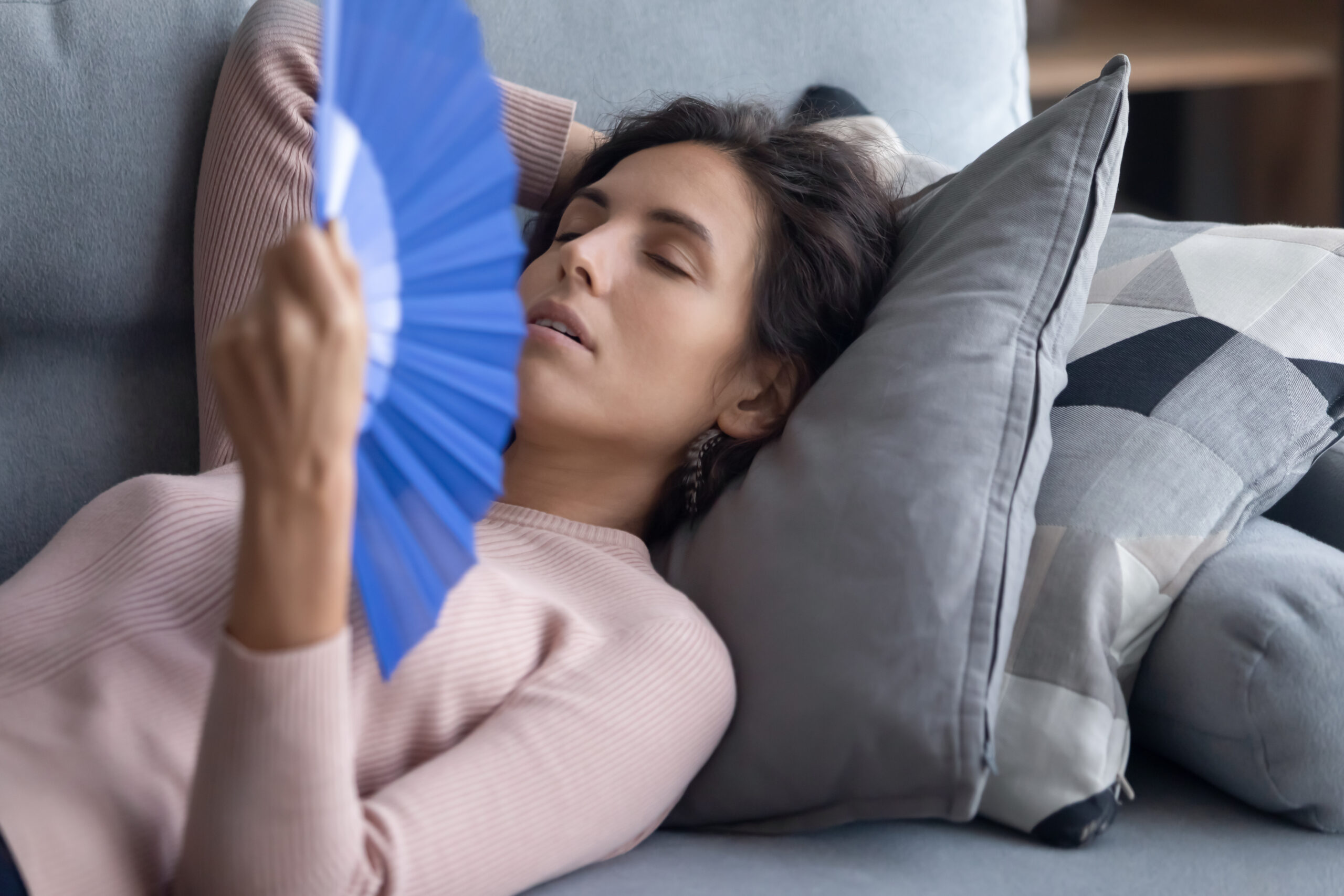
Beat the Heat: Tips for Better Sleep During Summer
Sleep is one of the most important aspects of staying healthy. The brain uses sleep as a way to recharge and refresh itself each night.

Sleep is one of the most important aspects of staying healthy. The brain uses sleep as a way to recharge and refresh itself each night.
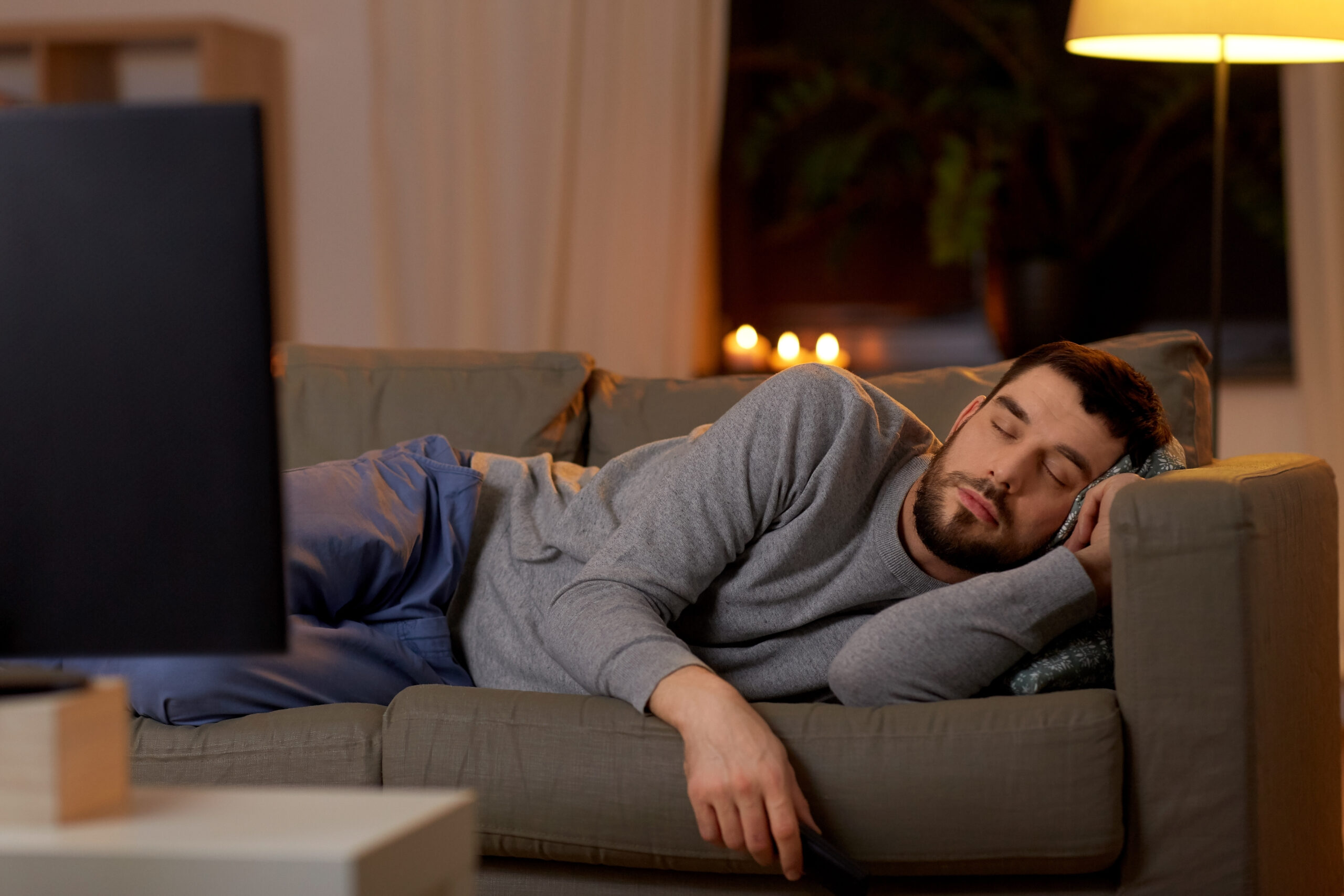
In a world where the entirety of television history is just a few clicks away, the phenomenon of binge-watching has rapidly become a universal pastime.
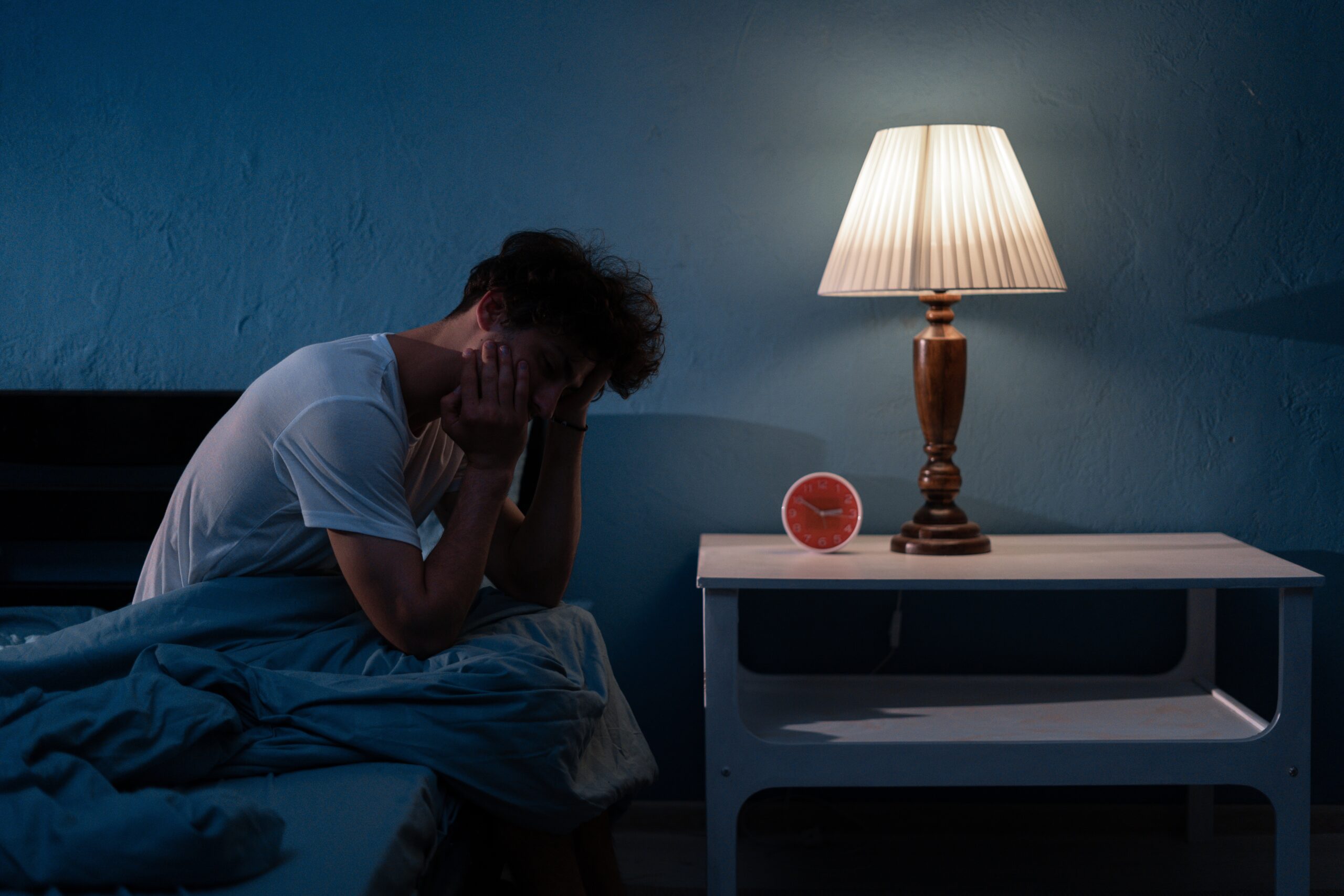
In our fast-paced world, the intricate dance between mental health and sleep often goes unnoticed until the music stops, and we’re left facing the silence
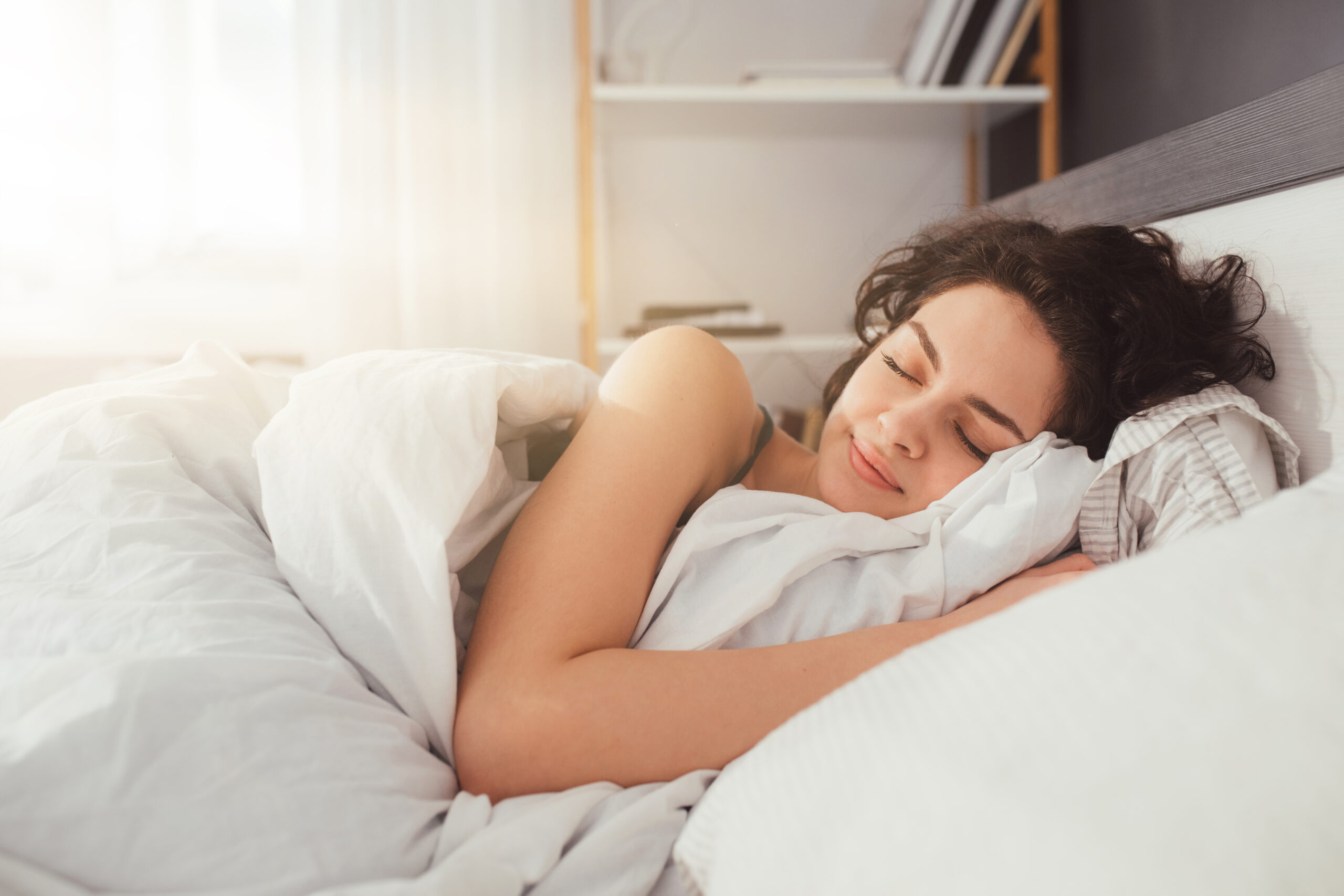
The notion that women require more sleep than men has been a topic of intrigue and debate for years. As we begin to delve into
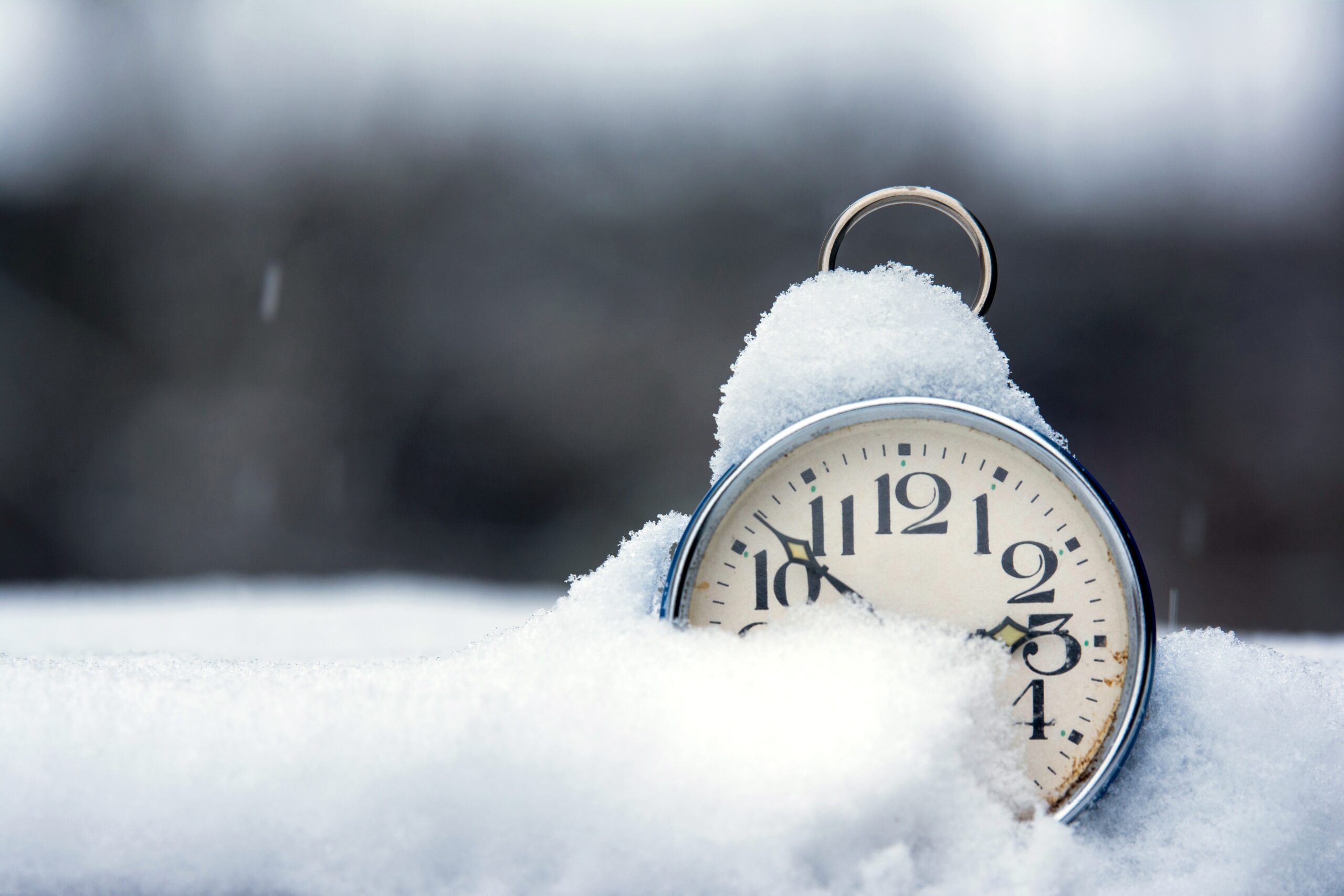
As the winter months roll in, bringing with them shorter days, longer nights, and cooler temperatures, you may find yourself feeling more sluggish, perhaps hitting
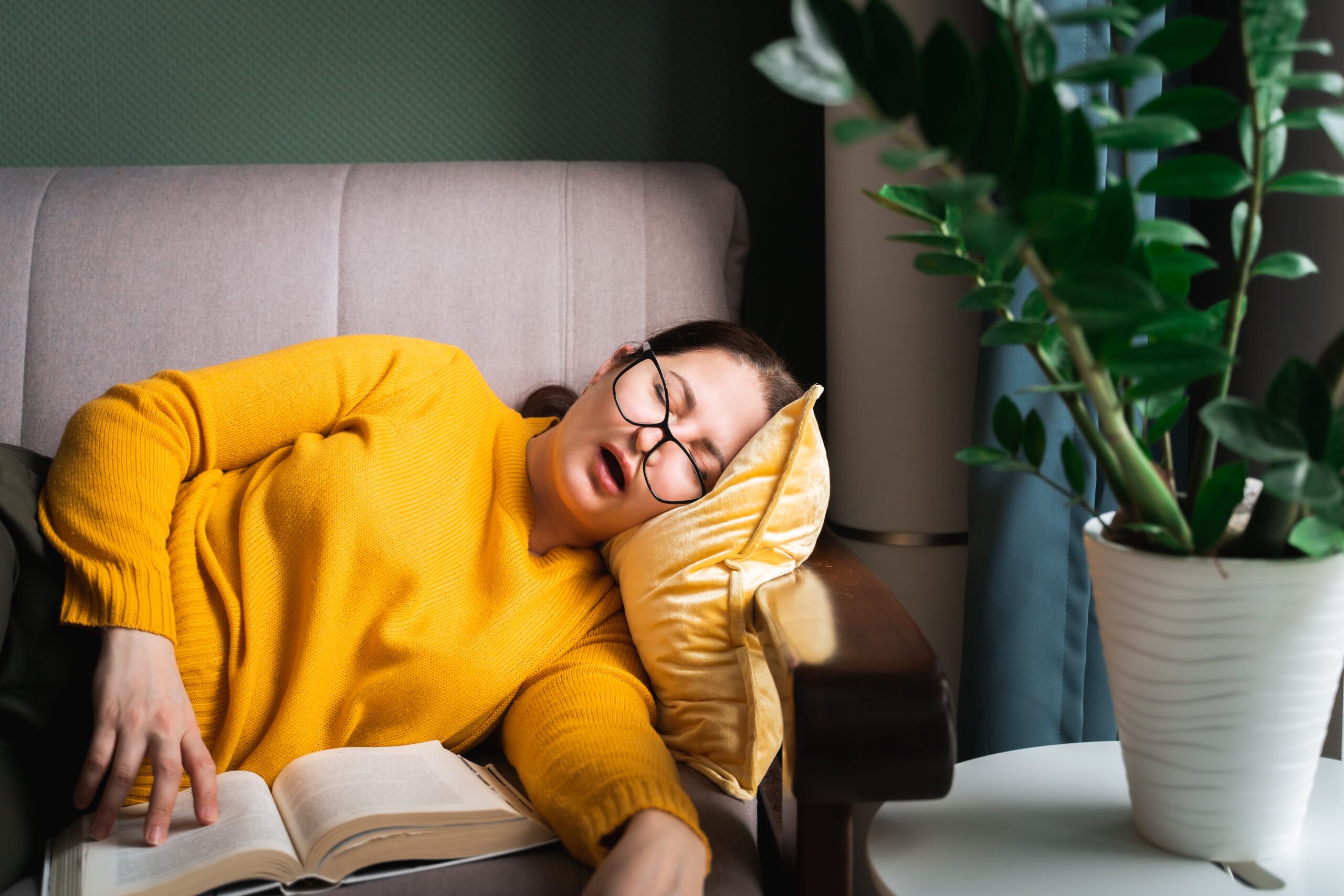
As we transition into cooler weather and shorter days, fall brings a kaleidoscope of vibrant hues, pumpkin-spiced treats, and the return of cozy sweaters. However,
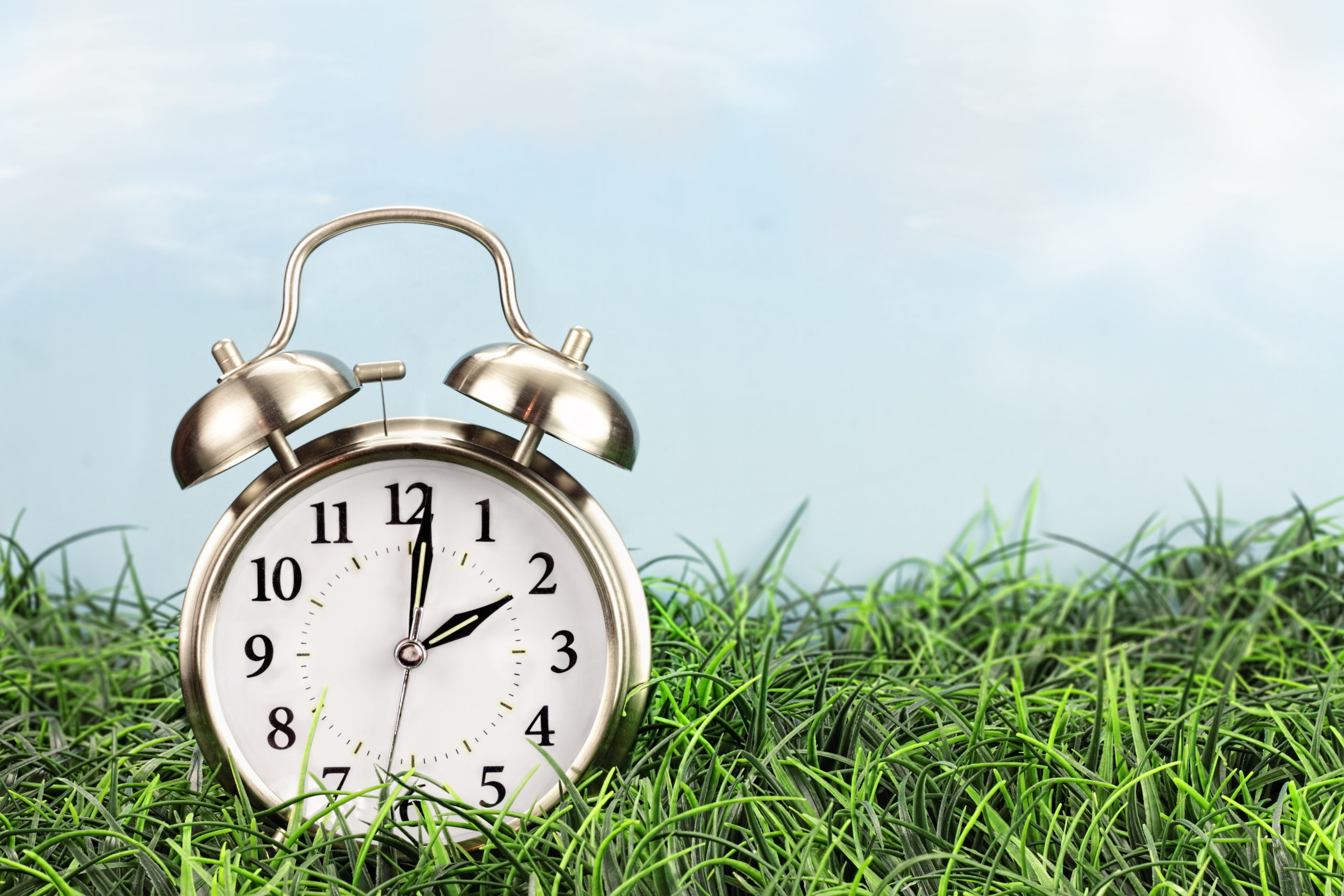
Daylight Savings Time can be a great opportunity to make the most of our daylight hours, but it can also have an unexpected impact on

Are you having trouble falling asleep? You’re not alone. It’s estimated that nearly one-third of Americans don’t get enough sleep, and many turn to sleeping
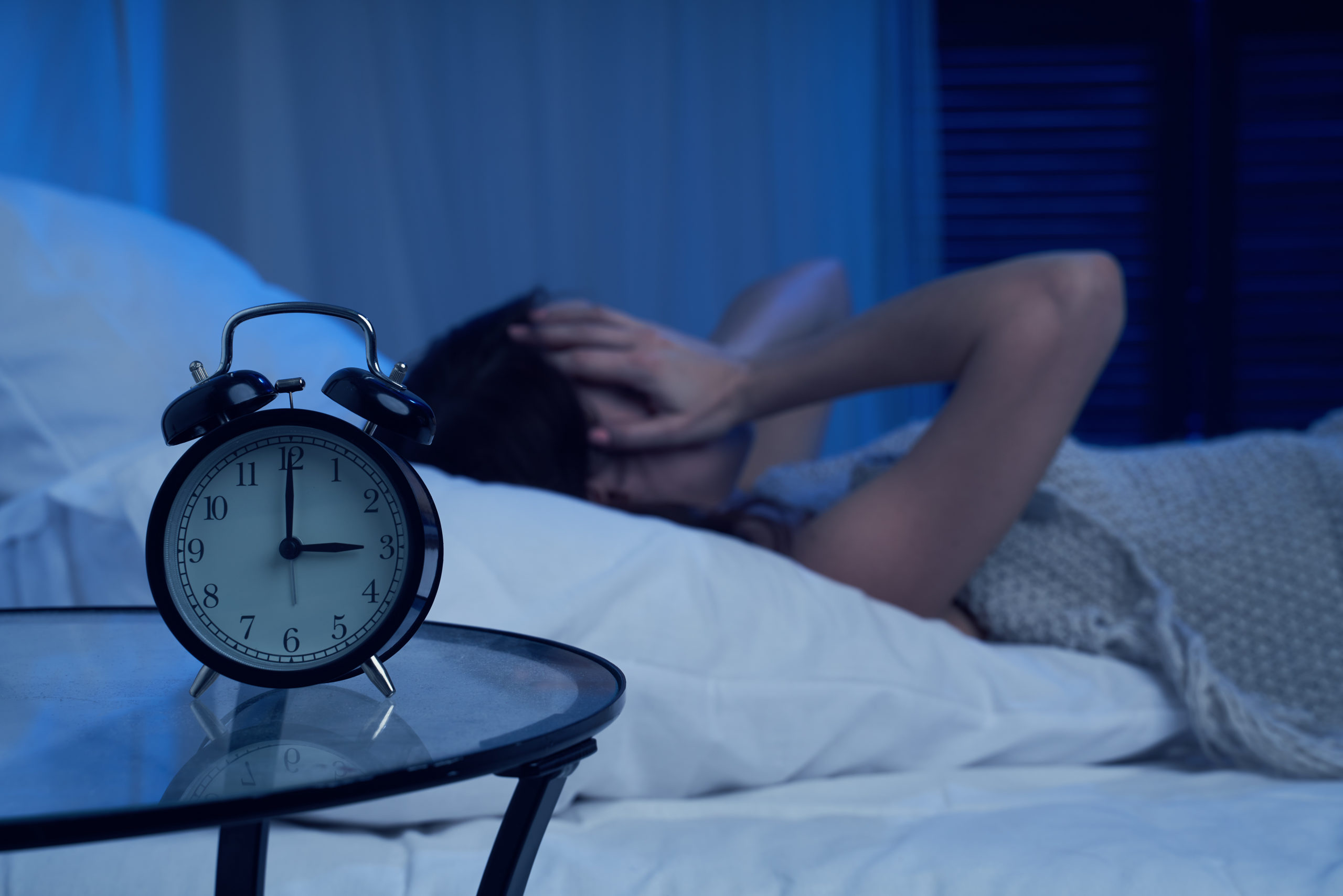
Sleep is an essential part of our overall health and wellbeing, yet many of us still don’t get enough quality sleep. In fact, studies have

We all know that getting a good night’s sleep is essential for our overall health and wellbeing. But when you add a pet into the


